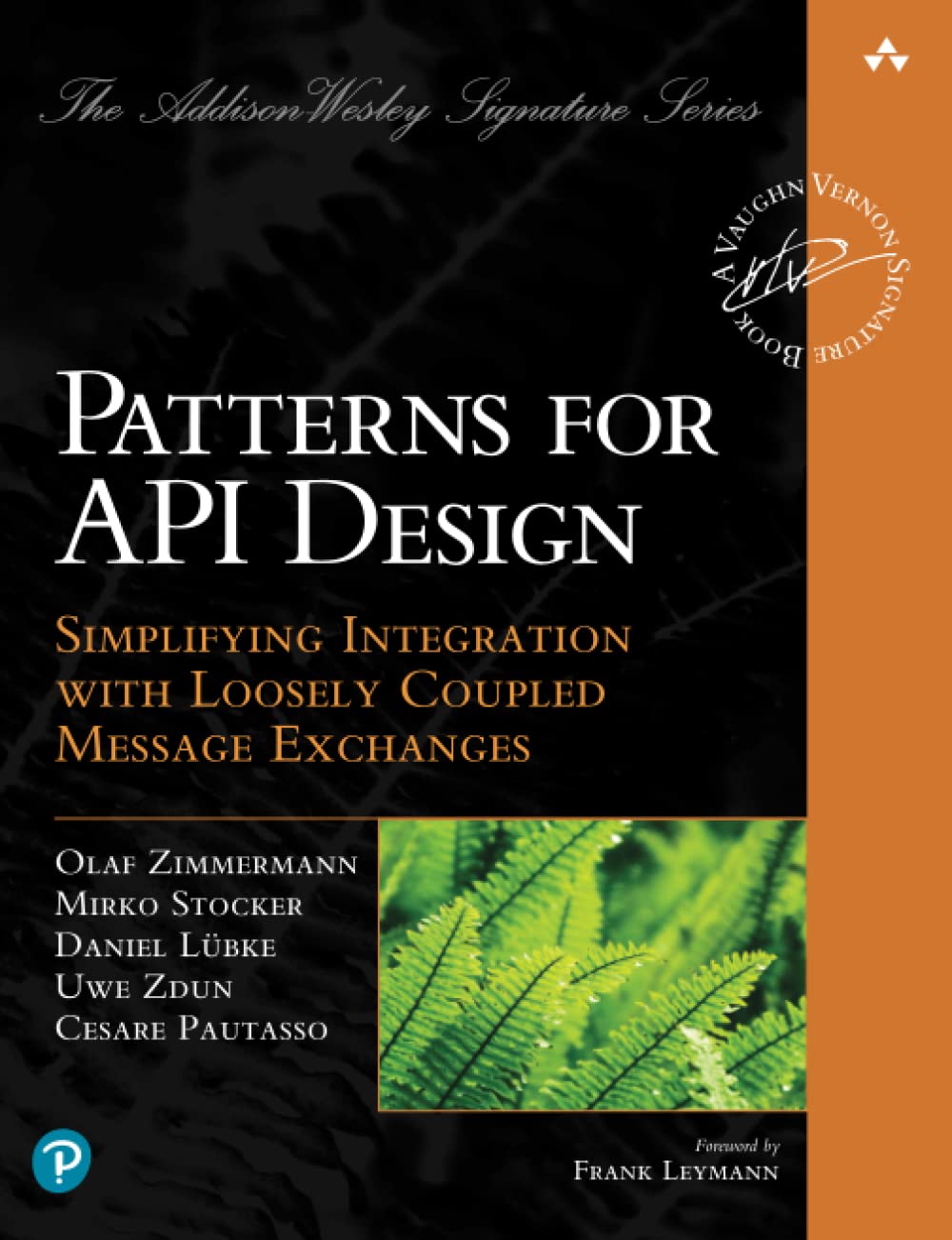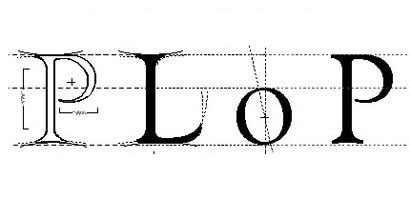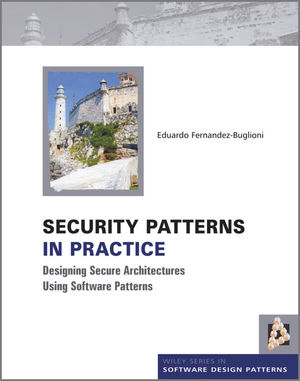-

PLoP
Pattern Languages of Programs, People, and Practices (PLoP®) is the premier conference for pattern authors and users to gather, discuss and learn more about patterns. To achieve this, the conference promotes the use of patterns and pattern languages, as well as the underlying theory of the nature of order. PLoP 2024 will be held October 13-16, 2024. Visit the PLoP Official Site,
- 1
The Hillside Mission

The mission of the Hillside Group is to improve the quality of life and society as a whole. This includes architects, developers, managers, owners, workers, educators, students, and more. Understanding and helping the human element is critical for achieving success. The Hillside Group believes in making processes and design more humane by paying attention to real people and existing practices.
The Hillside Group promotes the use of patterns and pattern languages to record, analyze, and share knowledge to help achieve its mission. The Hillside Group sponsors a variety of activities to achieve this mission—organizing workshops, hosting PLoP (pattern) conferences, and producing publications for discussing, recording, and documenting successful practices.
The Hillside Group supports many different conferences such as: PLoP, EuroPLoP, AsianPLoP, VikingPLoP, SugarLoafPLoP, and ChiliPLoP. These conferences focus on writing groups to better improve patterns through group exposure. Each conference offers advanced topics for the more adept pattern writers. Participants have the opportunity to refine and extend their patterns with help from knowledgeable and sympathetic patterns enthusiasts.
Pattern Books
The Design Patterns Book Series showcases many patterns from PLoP conferences and leading experts in the patterns field.

See our Pattern Book Library filled with over 80 Pattern related books.
Patterns Resources
- Pattern Definition
A pattern language defines a consists of patterns and the rules with sequences to combine them.
- Patterns Catalog
A collection of pattern resources on the web. Sign up for an account to add your own.
- Tools for Writing Patterns
Pattern writing tools include example code and pattern writing templates.
- PLoP Conference Proceedings
Past conference proceedings from the PLoP conferences.
PLoP Conferences
How to Run PLoP
This letter was used as a suggested template for the one Shepherds use to introduce themselves to their authors and to introduce the shepherding process. Also see Shepherd Letter Bobby and Shepherd Letter David.
Dear PLoP Submitter:
Thank you for taking the risk of submitting your work to PLoP '98. We hope that your experience of having your paper reviewed for PLoP will be different from your experience with other conferences or publications. I have been assigned to your paper as a "shepherd". I have two primary responsibilities:
1. Helping you improve your submission
2. Voting whether your submission meets PLoP's criteria for being
workshoped at the conference
Both activities go hand in hand. We're going to have several iterations over your paper where my job is to suggest you changes for improvement. Of course, it's your own decision, whether you'd like to incorporate the changes or not. However, experience shows that most remarks lead to some changes in the document--future readers will have more benefit from a clarification in the document than I will have if you explain the topic to me only. We have eigth weeks to work on the paper. We should use this time as well as we can.
During this shepherding, I collaborate with a member of the program committee. That person's job is to support me if I feel the need for a second vote. Please CC the program committee member on every mail you send to me.
Please make sure that our e-mail connection works. We're going to have a lot of traffic and a broken e-mail connection is about the worst things that can happen during this project.
After the shepherding period, I'm going to send the latest version of your paper (the "version for voting") to the program committee together with my vote on whether the paper is suitable for participation ion a writers' workshop.
However, my vote is not the only one. A second member of the program committee will vote on the version for vote independently from my vote. Depending on both votes the chairs will finally decide for acceptance. If your paper is accepted you have time to prepare the version that is going to be workshoped at the conference.
This may seem quite complicated, but I'll support you to track the dates and take care that you don't miss any deadline.
Please consult the shepherding guidelines page:
http://st-www.cs.uiuc.ed ... shepherding.html
for more information on the shepherding process.
contents of this page originally posted on www.c2.com
This letter was used as a suggested template for the one Shepherds use to introduce themselves to their authors and to introduce the shepherding process. Also see Shepherd Letter Steve and Shepherd Letter David.
Dear <author_contact_name>,
My name is <shepherd_name>. Thank you for submitting your paper, "<paper_title>," for PLoP '99. We're now beginning the shepherding process, and I will be your shepherd for this paper. What this means is that I will help you improve it prior to the conference so that you can present the best possible paper for comment at the conference. It is also up to me to decide whether or not your paper is good enough for the conference. It's in your best interest to use this opportunity to improve your paper as much as possible. People who make the most of this process will have the best chances of being accepted to the conference.
Assisting me in the shepherding process is a member of the conference's program committee, <pc_member_name>. He'll keep an eye on the progress we're making and help us if we need any. I'll CC him on all my mail to you; please do the same when you write me.
Here's the schedule for what's due when:
Shepherding Recommendations Due Fri, June 18, 1999
Notification of Acceptance Thu, July 1, 1999
Final Conference Copy Due Fri, July 16, 1999
Conference Dates August 15-18, 1999
So we have between today and June 18th to work on your paper. If I accept your paper, you'll have another chance to make changes to your final draft for the conference. It is then due by July 16th.
I will be contacting you within a few days with my initial comments on your paper. In the meantime, if you have any questions about the review process or the conference, feel free to contact me at <shepherd_email_or_phone>.
I look forward to working with you.
<shepherd_signature>
contents of this page originally posted on www.c2.com
The position of Program Chair is one with rewards and recognitions But to get to that point, there are a number of things that must get done.
Set dates for the conference.
-
Joe Yoder and the Conference Chair will help with this.
Establish the PC members.
-
Don’t talk anyone into it. Rather, make sure each person is interested and excited about doing it (or he/she won’t be much help).
-
Put the Conference Chair on the PC.
-
Ask the past year’s Program Chair to be on the PC.
Get the web page going.
-
Even if you don’t have all the information, post a placeholder stating that more information is coming soon.
Include Dates for:
-
Conference registration
-
Paper submissions due
-
Shepherding begins
-
Shepherd recommendations due
-
Notification of acceptance to the authors
-
Conference drafts due
-
Registration deadline
Write the Call for Participation.
-
Think about what events you want in addition to the usual Writers’ Workshops (focus groups, BoFs, etc.)
Decide on a submission system (and make sure it is working).
-
Ask PC members and other friends to help test it.
Budget.
-
The Conference Chair should work on this with help from Joe Yoder and with your input.
Plan the Special Activities, such as:
-
games
-
special “big name” speakers
-
evening events
-
etc.
Keep in touch with shepherds and authors throughout the shepherding!
-
Send regular “how is it going?” emails, with reminders, during shepherding.
Handle the papers when they start coming in.
-
Get shepherds (and PC members) assigned to papers. Allow at least two weeks for this, but better yet, start lining them up before the papers come in.
-
Remember sound guidelines when accepting papers for the conference.
Assign to writers workshops.
-
Get help/input from PC members when doing this.
- Hillside Fellowship Award
- PLoP Conference Proceedings
- Patterns for API Design
- Pattern Languages of Programing
- Security Patterns in Practice
The Hillside Fellowship Award
The Hillside Fellowship Program was established in 2016 to recognize members of The Hillside Group who have made exceptional contributions to the Hillside community and to the Patterns community at large. The title of Hillside Fellow denotes an outstanding member who has consistently and repeatedly:
- provided excellence in contributions to the patterns body of knowledge
- advanced the arts,
PLoP Conference Proceedings
After the PLoP Workshops, writers are encouraged to modify their papers and submit a final version. The final versions are collected and submitted to the ACM Digital Library. The versions are also available from the conference website.
Conference Proceedings (ACM Digital Library)
Some of the PLoP accepted papers have been published on the ACM Digital Library . The program committee will
… Read MorePatterns for API Design
" Patterns for API Design " by Olaf Zimmermann, Mirko Stocker, Daniel Lubke, Uwe Zdun, and Cesare Pautasso

This book is for any domain, technology, or platform
- Identify and overcome API Challenges
- Size your endpoint types and operations
- Design request and response messages and their representations
- Refine your message design for quality
- Combine patterns to solve real-world problems and make
PLoP™ (Oct 13-16, 2024)

Check out the main PLoP Website for more information and details!!!
Read More
Security Patterns in Practice
Eduardo Fernandez's new book " Security Patterns in Practice: Designing Secure Architectures with Software Patterns " has been published.

It is the result of 14 years of producing security patterns with students and colleagues. Almost all of these patterns went through PLoP, EuroPLoP, AsianPLoP, or SugarLoafPLoP. Many of you have participated as shepherds or workshop commentators, the book owes something to
… Read More





